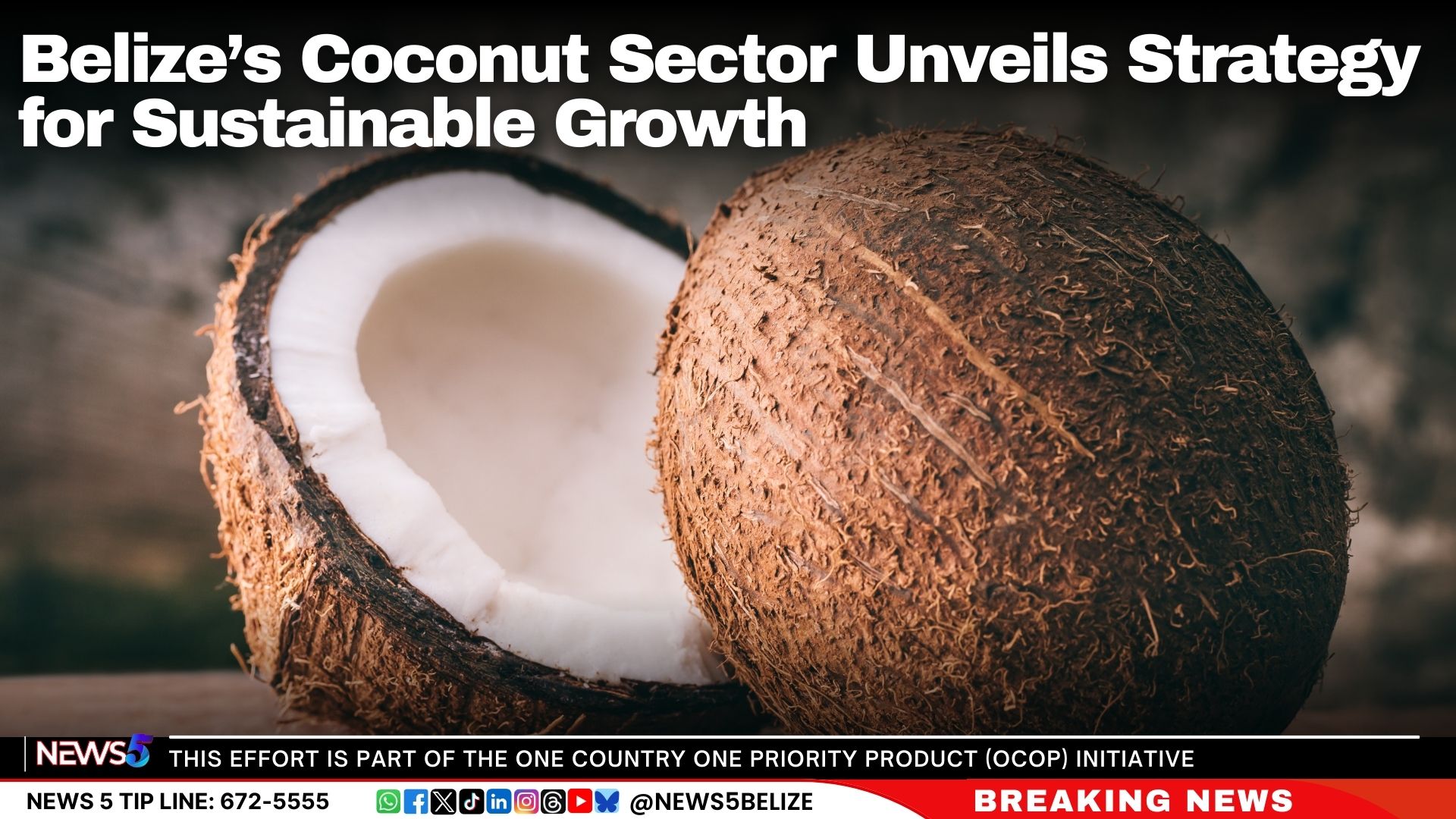Belize is betting big on coconuts—and not just for coconut water or oil. The country is rolling out a fresh plan to revitalise the coconut industry.
Earlier this week, the Coconut Sector Task Force met in Belmopan for its first quarterly meeting of the year. The gathering brought together farmers, processors, trade experts, and government reps—all focused on the same goal: making Belize’s coconut industry stronger, more sustainable, and more profitable.
This effort is part of the One Country One Priority Product (OCOP) initiative, a global programme led by the Food and Agriculture Organization (FAO) of the United Nations. And for Belize, coconuts are the product of choice.
The task force is finalising three key documents that will act as the backbone for the sector’s revival: a Coconut Sector Development Strategy, a Three-Year Roadmap, a Trade and Investment Prospectus.
These tools are designed to fix some of the industry’s biggest problems—like inconsistent productivity, limited access to global markets, and missed opportunities to create value-added products. At the same time, they’ll help ensure farming practices stay environmentally friendly.
But it’s not just about paperwork. The strategy also includes hands-on training for farmers and producers, covering everything from soil conservation and pest management to business skills and market planning.
The meeting pulled in key players from the Ministry of Agriculture, Food Security and Enterprise, BELTRAIDE, CARDI, and private sector leaders.
Everyone in the room agreed: coconuts aren’t just a crop—they’re an opportunity. With the right support and smart planning, Belize’s coconut sector could become a major driver of rural jobs, exports, and innovation.
